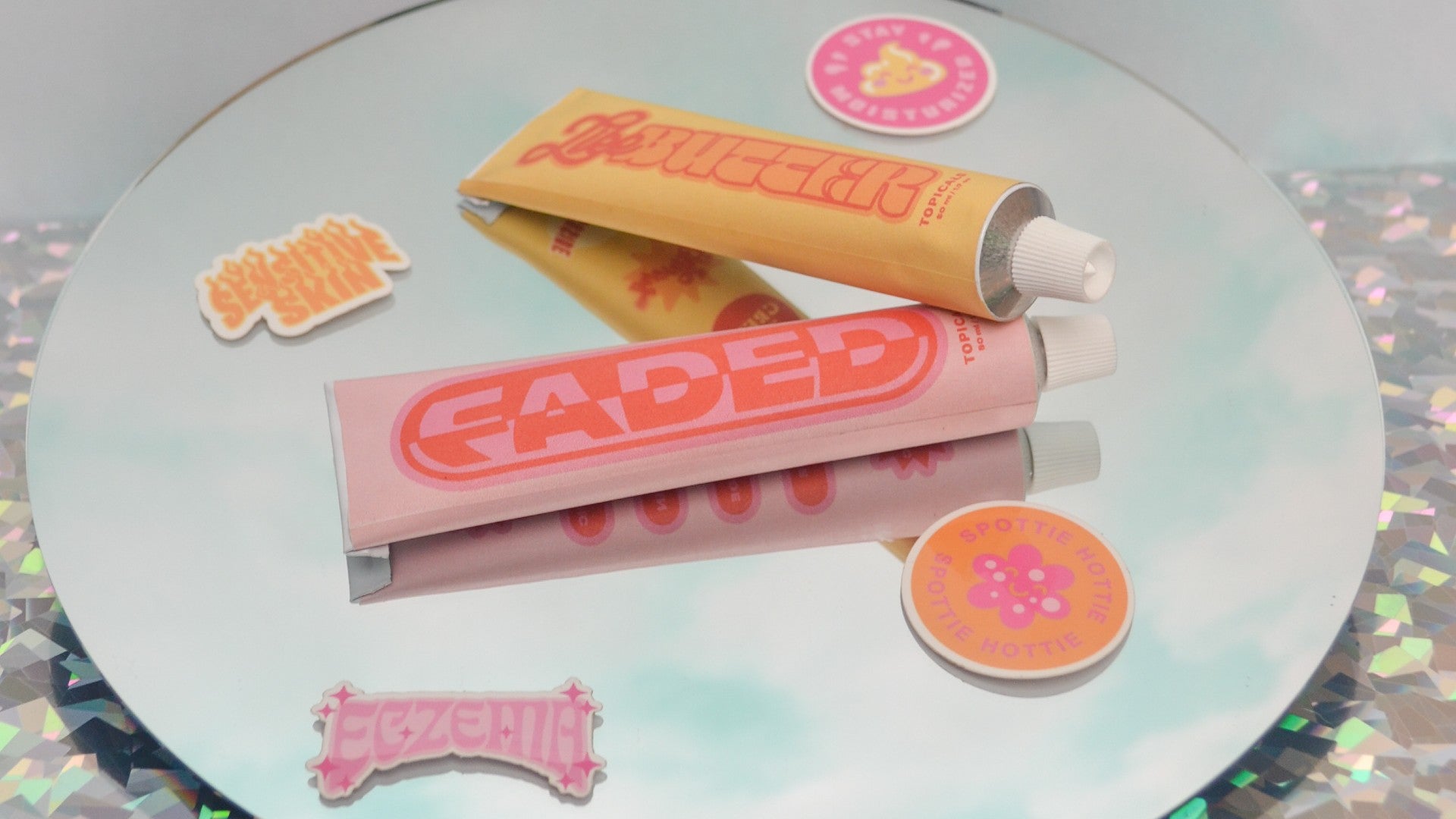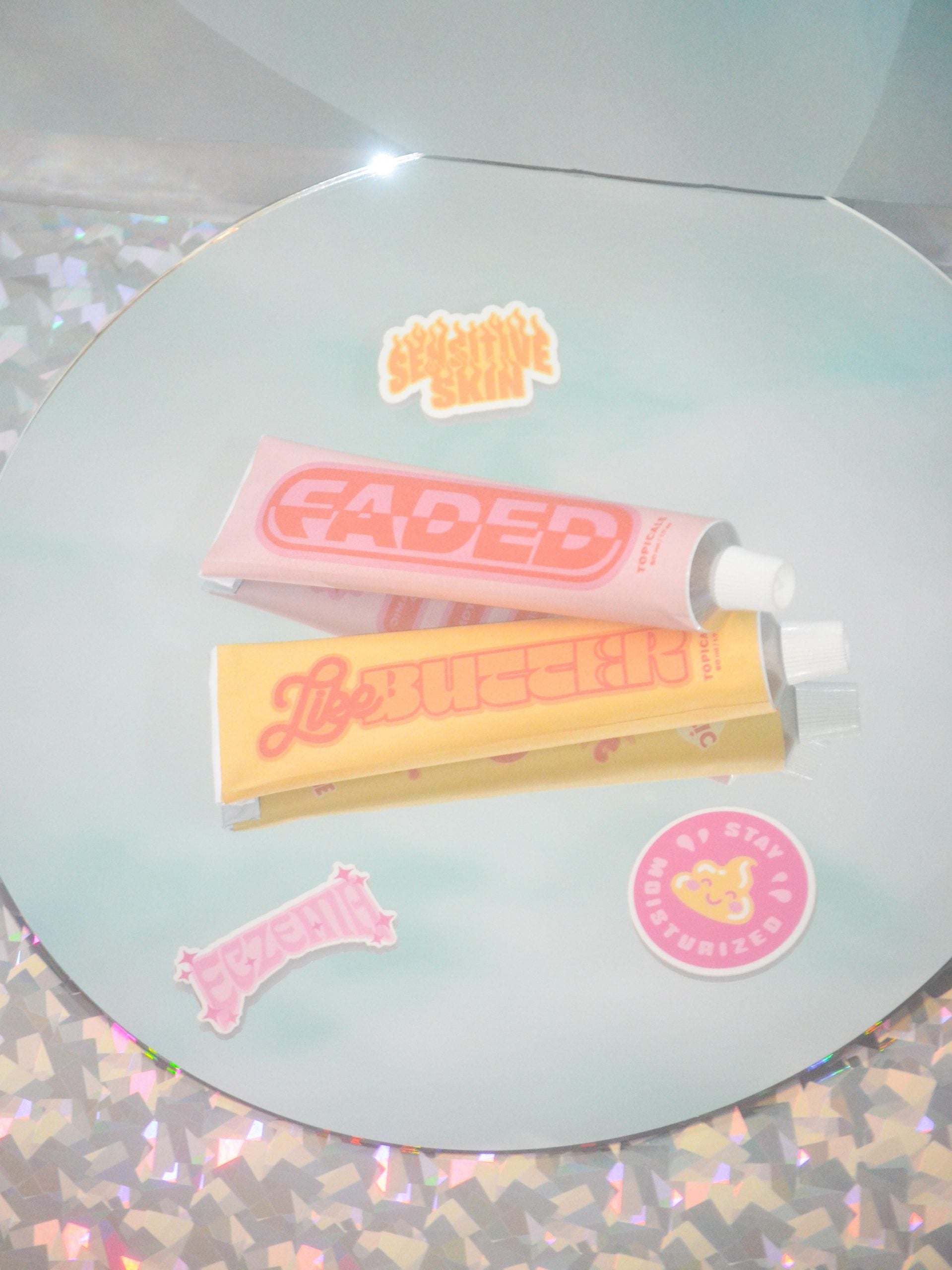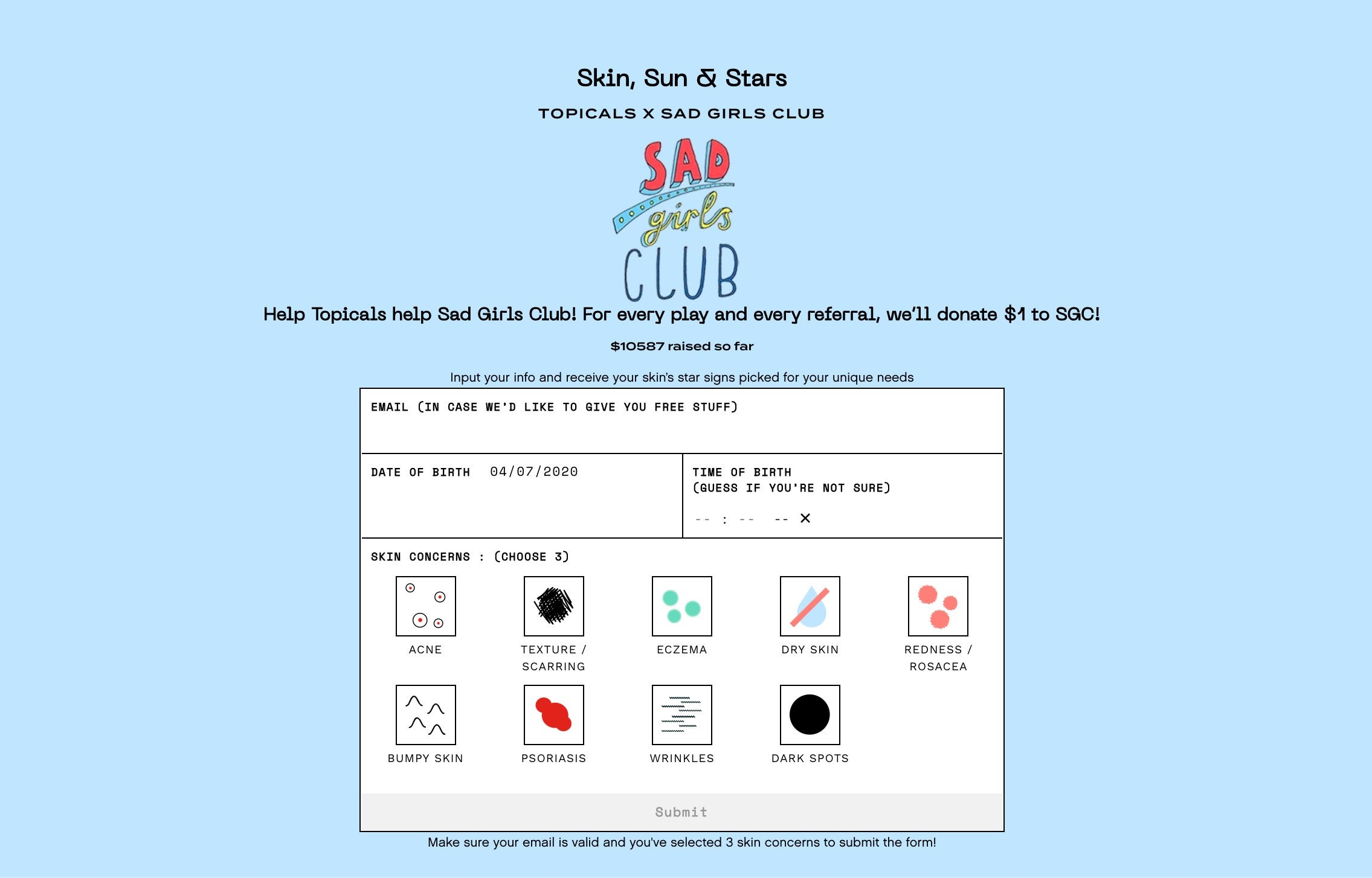
When Olamide Olowe and Claudia Teng began offering free sample products from their new skin care brand, Topicals, they thought they were sitting on a three-month supply. But in just 72 hours they were all out—and so was the word that there was a new brand on the horizon promoting the skin positivity movement.
Introduced to each other by a mutual friend, and bonded by negative experiences dealing with a skin condition—Olowe suffers from post barbae folliculitis and Teng has eczema—they became fast friends. Equipped with a team of experts, including the head of pediatric dermatology at Stanford, they’re setting out to change the way people treat skin conditions.
“Topicals makes medicated botanicals inspired by our skin care dreams,” Olowe tells ESSENCE. “And our whole goal is to make a skin condition treatment synonymous with the fun and luxury of self-care.”
The 23-year-old Texas native and UCLA graduate is no newbie to the beauty industry. During her sophomore year of college, she cocreated SheaGIRL under the SheaMoisture brand. That experience helped nudge the medical school–bound entrepreneur into her current career.
For Teng, it was working in clinical research that steered her into the skin care market. That, and some convincing by Olowe. After seeing how challenging access to care was across skin conditions, she wanted to find a better way to make products accessible to those in need.
“I think I just really wanted to explore that more and find something that provides better comprehensive care in the dermatology field to a broader range of people,” Teng says. “Giving people the access to both education and products that actually work where they don’t have to worry about their access to a competent physician who understands their skin type and their skin tone, nor whether or not they’re able to afford it.”

Eczema, for example, is a skin condition that’s widely known and seemingly has several inexpensive over-the-counter treatments. But those treatments don’t work for people with severe cases. They typically have to turn to steroids, which can thin the skin after long-term use. So they’re seen as temporary treatments.
Alternative treatments that address both these issues are starting to become more readily available to the market, but those can cost tens of thousands of dollars a year for treatment. It could be as much as one’s entire yearly salary in some cases.
“It’s like the disparity is glaring,” Olowe says, jumping in. “Either you’re using something that will probably work for a while—but even the doctors tell you use it sparingly—or you’re using too much and you get these flare-ups. And when you have a condition like that, you typically need to use products three times a day, every day. So it’s really difficult to do a sparingly type of routine and get the results you want. But if you want to switch to something else, you have to pretty much have thousands and thousands of dollars saved up to be able to treat just for one year.”
The first two products to launch for Topicals are Like Butter and Faded, which both retail for less than $40. The founders have ensured that all the products are made with ingredients that have been through rigorous clinical trials and academic research. And their products are made for all skin types and skin tones, with a focus on efficacy for people of color, the community that tends to be overlooked in this industry.

The two entrepreneurs expected that the response would be tremendous, but they didn’t expect such an overwhelming request for samples—or a need to suspend their launch due to the COVID-19 pandemic. Though the businesses that they work with are considered essential businesses, part of their supply unit was frozen when borders were closed to stop the spread of the novel coronavirus.
“I was an athlete in college. If you have your race scheduled, you have your race planned in your head. Someone that you don’t know could pull up in a race. And so you have to be able to be flexible and I think that’s something Claudia and I have really leaned on in this time,” Olowe says.
“Not spending time dwelling on the bad, but actually figuring out how can we connect with our community,” Olowe continues. “And then how can we create things that get people’s mind off of what’s happening right now. For us, it’s always been about that flexibility and that pivot.”
As one of their company’s goals is to build and engage their community while giving back, they’ve taken this extra time before their full launch to focus on that. Besides social media, they’re doing it with a game on their website, Skin, Sun & Stars, which feels like a mash-up of a horoscope and skin care advice.
You input your birthday and top three skin concerns and it offers advice and recommended ingredients based on those skin concerns, which are all found in Topicals products. For every play, the brand donates $1 to Sad Girls Club, an online platform and community created to bring girls together who are battling mental illnesses. So far Topicals has raised more than $10,000.

Olamide also recently hosted Young Black Beauty, a digital conference centered on telling the stories of young Black women in the beauty industry. The conference had more than 1,000 attendees after only 48 hours or promotion.
So while a global pandemic might fuel panic for a small brand slated to launch this spring, it’s actually given Olowe and Teng more time to build a community and really see just how much their products are wanted and needed by that community.
“It really validates the need for people who look like us to build companies the way we’re building them,” Olowe says. “Both Claudia and I love to talk about our experiences. [We] always felt like that outsider or that girl that was different or weird because of her skin condition. So we try to bring the same kind of [self-care] experience that skin care brands Glossier or a Drunk Elephant would give to their customers and try to bring that to the clinical space. And you haven’t seen that in our industry.”
“But I guess this is what you get when you let 23-year-olds run a brand,” she says with a confident laugh.






